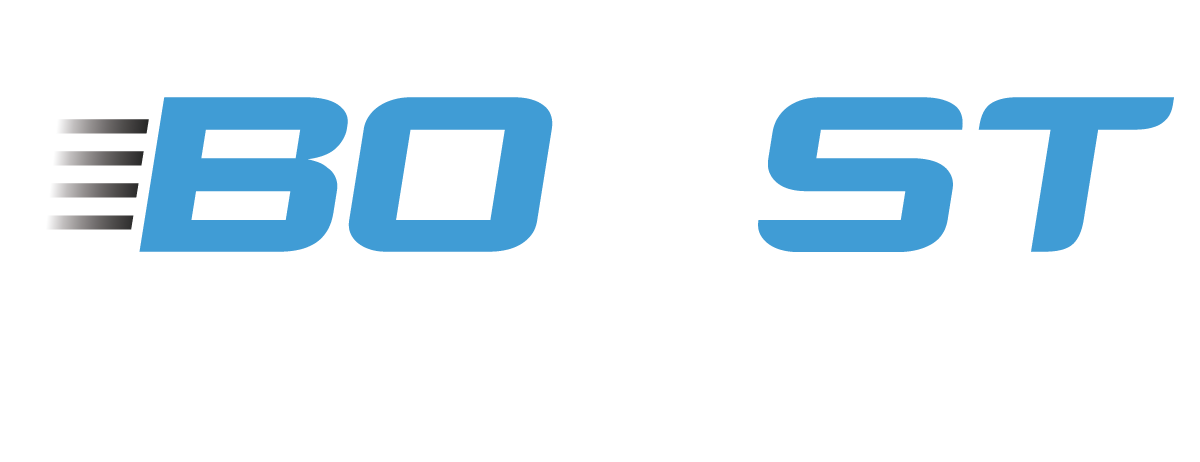We hear about being coachable all the time as players (and parents).
The truth is most people want to believe, or tell themselves, that they're coachable.
But what does it actually mean to be coachable?
Now, while every coach will have a unique interpretation of what that means to them and their coaching style, I want to give you a rundown of what it means to me.
Here are four items that play into my description of being coachable as a player:
What kind of attitude do you bring to the rink everyday? I've said it before on here, but your attitude is a great indicator for what state of mind you are in as a player. Are you excited, eager, and happy to be at the rink, or do you give off the feeling of being bored and uninterested? I'm a big believer that energy is infectious. If you're at the rink eager to get on the ice and excited for the opportunity, you (without even knowing it) are showing a coach that you're there ready to work on improving as a player. In other words, you're at the rink for the right reasons.
What kind of teammate are you? This one tends to raise the most questions when I talk to players about being coachable, but I think it's a great indicator. In my eyes, hockey is the ultimate team game. Without teammates, you're nothing as a player. Even Crosby or McDavid couldn't beat a group of 4th liners if they had to play by themselves. I believe that part of being coachable is being engaged with what is going on enough to help make your teammates better. If you show up to practice with a good attitude, it wears off on your teammates. (The same can be said if you show up to the rink with a bad attitude...) If you're a good teammate, and doing your job to learn and run the systems of your team, then you're helping your team improve and continue to move in the right direction. That's being coachable.
Can you follow directions? Are you the player that only needs to be told, or shown, something once and then you can put it into action? Or, are you the player that after months of being into the season are still not running the systems correctly and are making the same mistakes over and over? We all have different learning styles and hockey knowledge. To be honest, some players naturally pick up on the nuances of the game quicker than others. And that's ok! But, as a player it's your responsibility to make sure that you're asking questions when you're unsure. Don't just hope and guess and say you understand when you don't. As a coach, most of us appreciate being asked questions of clarification. It shows that you care about what you're doing and that you want to make sure you're doing what's best for your team.
Are you consistent? I talk a lot about consistency on this blog, and for good reason. As a coach, I think it is the most valuable asset any player can have. And that doesn't just mean in games. Are you consistent in practices, workouts, and meetings? There's no better feeling as a coach to know the players that you can count on day in and day out. That doesn't mean that you have the game, or practice, of your life everyday. But, it does mean that your coach can count on you showing up with all the intangibles listed above everyday. To put it simply, consistent players translates to good players and great teams.
Like I said before, every coach out there might have a slightly different list. But, I think you would be hard pressed to find a coach out there who disagrees with any of the four items listed above.
And just like nearly everything else we discuss on this blog, the beauty of this list is that it has nothing to do with talent or ability. All four items are in your control as a player.
Taking care of the things that are in your power to control will take you a long way in your hockey career, and life.

